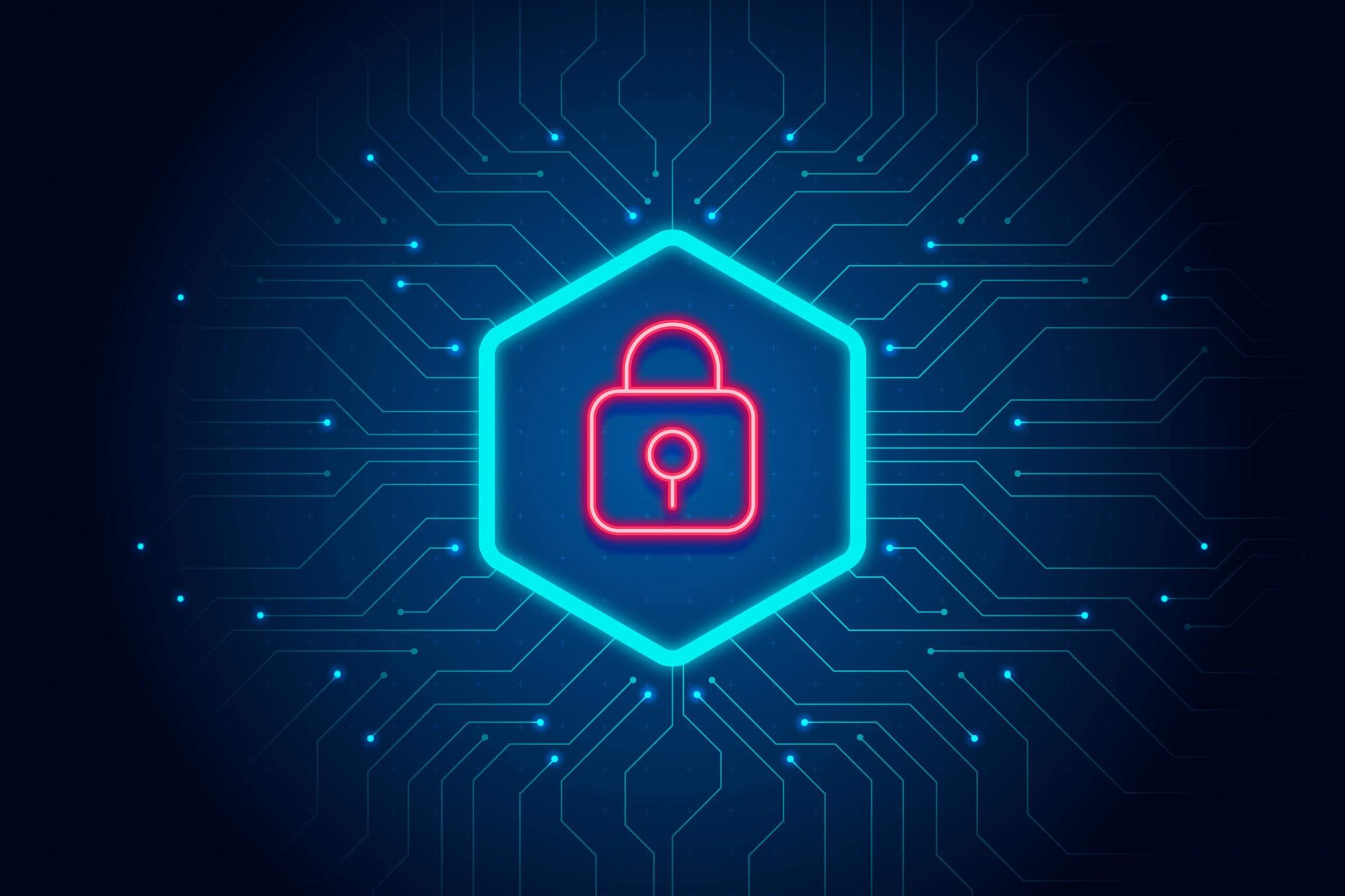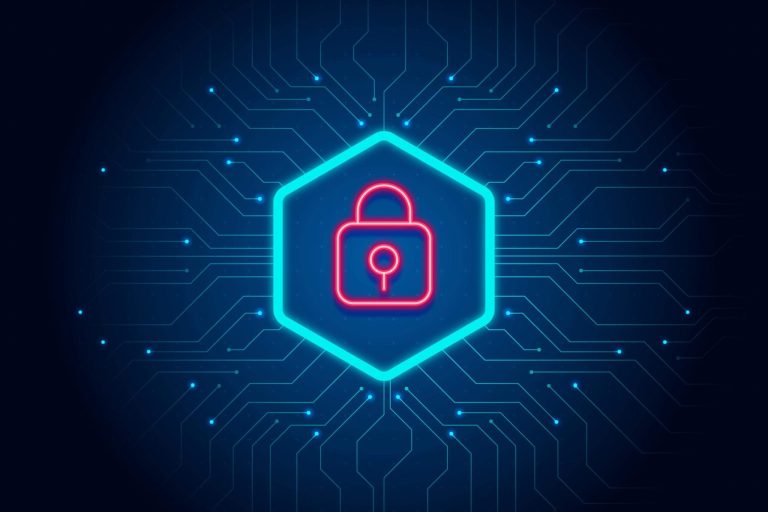Introduction
City halls are a prime target for cyber attacks due to the valuable data they hold. With the rise of cyber attacks on local governments, it is crucial for city halls to take preventive measures to protect their IT infrastructure. In this guide, we will outline five essential tips for city halls to prevent cyber attacks.
Conduct Regular Security Assessments
The first step to prevent cyber attacks is to conduct regular security assessments. These assessments help identify vulnerabilities in the IT infrastructure and determine areas that require additional security measures. By understanding the risks and threats to the IT infrastructure, city halls can take proactive steps to strengthen their security posture.
Train Employees on Cybersecurity Best Practices
City halls should provide training to employees on cybersecurity best practices. Employees are often the weakest link in the security chain, and cybercriminals can exploit their vulnerabilities to gain access to the IT infrastructure. By providing regular training on best practices such as strong password management, avoiding phishing emails, and identifying suspicious activity, city halls can minimize the risk of cyber attacks.
Implement Multi-Factor Authentication
City halls should implement multi-factor authentication (MFA) for all users. MFA adds an extra layer of security by requiring users to provide additional verification, such as a fingerprint or a code sent to a mobile device, in addition to a password. This makes it much harder for cybercriminals to gain access to the IT infrastructure, even if they have stolen a user’s login credentials.
Use Website, Server, and Port Monitoring Services
City halls should use website, server, and port monitoring services to ensure the health of their IT infrastructure. These services provide real-time alerts to IT administrators when something goes down, allowing them to quickly respond to any issues and prevent further damage. With these services, city halls can ensure that their websites are always accessible to citizens, servers are up and running, and ports are not being used by unauthorized parties.
Keep Software and Systems Up-to-Date
City halls should keep their software and systems up-to-date with the latest security patches and updates. Cybercriminals often target known vulnerabilities in software and systems to gain access to the IT infrastructure. By keeping software and systems up-to-date, city halls can close these vulnerabilities and reduce the risk of cyber attacks.
Conclusion
Preventing cyber attacks is crucial for city halls to protect the sensitive data they hold and maintain public trust. By conducting regular security assessments, training employees on best practices, implementing MFA, using website, server, and port monitoring services, and keeping software and systems up-to-date, city halls can significantly reduce the risk of cyber attacks. By following these essential tips, city halls can ensure the continuity and security of their IT infrastructure and maintain public trust in their ability to protect sensitive data.



